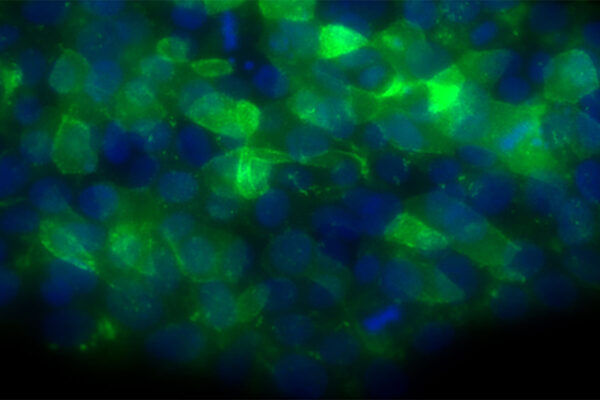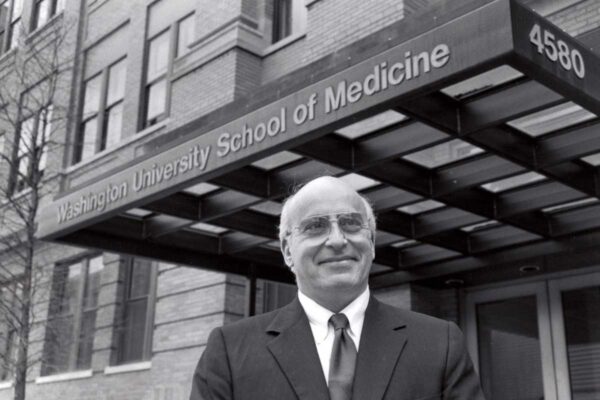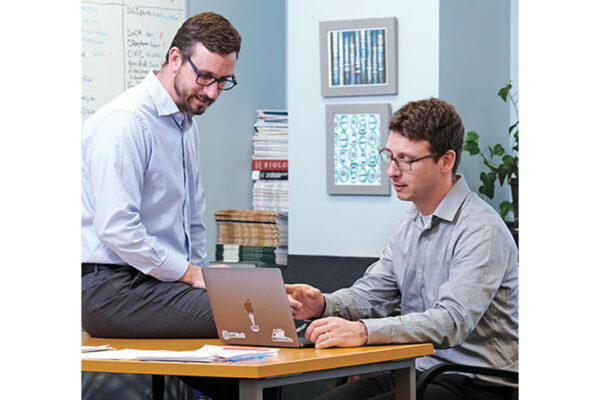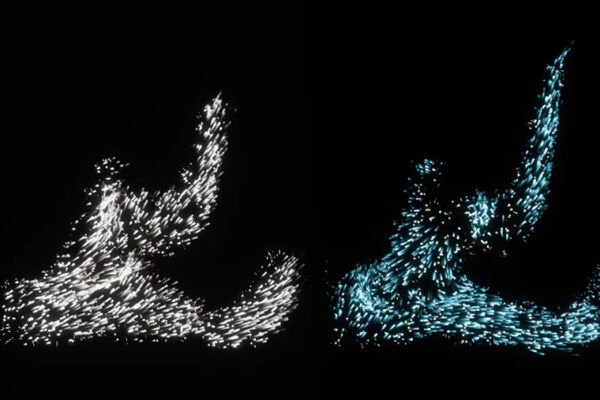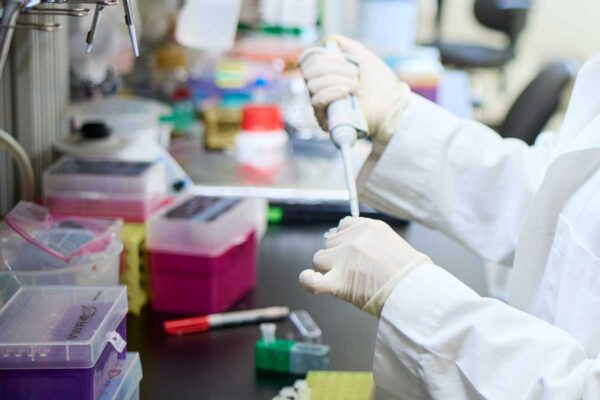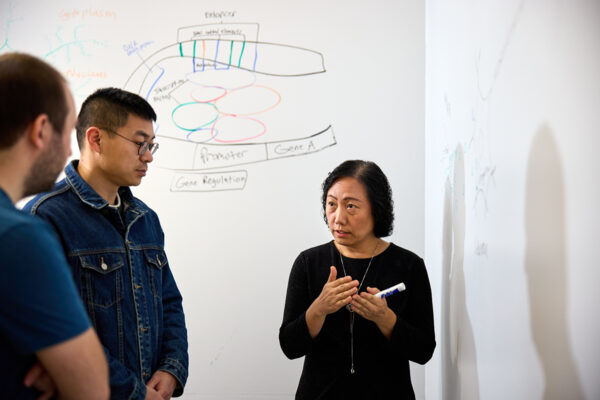Possible treatment strategy identified for bone marrow failure syndrome
School of Medicine researchers have identified a possible treatment strategy for some bone marrow failure syndromes. These syndromes lead to an increased risk of developing dangerous infections, anemia and an increased risk of blood cancers.
Kwon named chair of epidemiology society committee
Jennie H. Kwon, DO, an assistant professor of medicine at the School of Medicine, has been named head of the Society of Healthcare Epidemiologists of America Research Committee.
William A. Peck, former medical school dean, 89
William A. Peck, MD, a former executive vice chancellor and dean of the School of Medicine, died peacefully, surrounded by family, Feb. 22 at his home in St. Louis County, Mo. He was 89.
Cancer genomics database recognized as global biodata resource
A vast database of cancer genomics knowledge started by Washington University scientists has been named a Global Core Biodata Resource by the Global Biodata Coalition. It’s led by twin brothers Malachi Griffith and Obi Griffith, both associate professors of medicine.
‘Forum on Medicine, Race and Ethnicity in St. Louis, Past to Future’ Feb. 25
On Feb. 25, the Medical Humanities Program in Arts & Sciences will present the “Forum on Medicine, Race and Ethnicity in St. Louis, Past to Future.” The all-day gathering will feature dozens of speakers and panelists exploring how specific local histories impact the region’s diverse communities.
Computer model IDs roles of individual genes in early embryonic development
Software developed at Washington University School of Medicine can predict what happens to complex gene networks when individual genes are disrupted in specific ways.
Needlemans commit $15 million to boost drug discovery
A $15 million commitment from Washington University benefactors Philip and Sima Needleman will enable the university to leverage its expertise in biomedical discovery to boost drug development via the Needleman Program for Innovation and Commercialization.
New diagnostic test is 1,000 times more sensitive than conventional tests
Thinking beyond COVID-19, a team led by Srikanth Singamaneni at the McKelvey School of Engineering developed a new point-of-care diagnostic test that is 1,000 times more sensitive than conventional rapid tests and can quantify concentrations of proteins.
WashU Medicine reaches new heights as it climbs to No. 3 in NIH research funding
Scientists at the Washington University School of Medicine were awarded $569 million in research grants from the National Institutes of Health (NIH) in federal fiscal year 2022, elevating WashU to No. 3 among U.S. medical schools in total NIH research funding support.
Swamidass named AAAS fellow
S. Joshua Swamidass, MD, PhD, an associate professor of pathology and immunology at Washington University School of Medicine in St. Louis, has been named a fellow of the American Association for the Advancement of Science. He is recognized for applying machine learning to chemical biology and medicine, and for extraordinary public outreach promoting an understanding of science among communities of faith.
Older Stories
